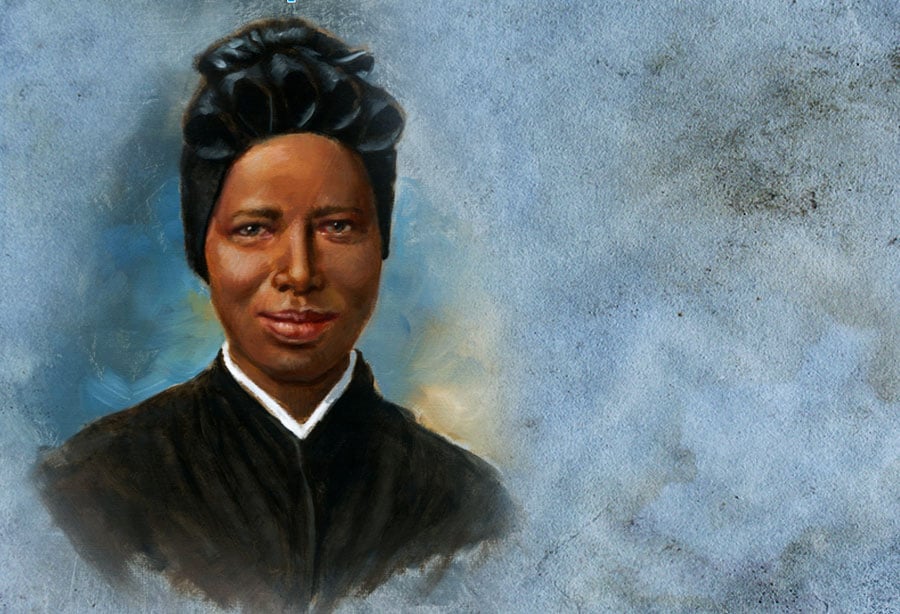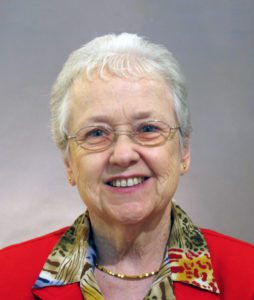
Sister Claire MacDonald, OP offered these thoughts as part of her reflection at Mass on the Feast of St. Josephine Bakhita on February 8.
Josephine Bakhita (d. 1947) was not her given birth name, but the name imposed on her by the slave traders who seized her as a young child from her village in the Darfur region of Sudan. The trauma of the experience left her without memory of her original name. She never saw her loving family again and was sold and resold many times, enduring much abuse that left more than 100 scars on her body.
Her fortune changed somewhat when she was forced to be a maid and nanny to the Michieli family from Italy who did not treat her cruelly. At this time, she accompanied a child in her care to a boarding school run by the Canossian Daughters of Charity. The nuns were kind to Josephine, welcoming her and showing her respect.
When Mrs. Michieli returned to bring her child and nanny back home, Josephine gently refused to go and never relented. The family tried to sue for Bakhita to return—but lost. Since slavery had been officially outlawed in Italy in 1880, and slavery had been outlawed in Sudan before Josephine was born, the law and the Sisters of Canossa were on her side and she became a free woman. She chose to remain with the Canossian Sisters.
Josephine exhibited great courage and persistence in her desire for freedom and was not unlike the Greek woman who bantered with Jesus in today’s Gospel asking for her daughter’s freedom from evil (Mark 7). Both women found their voices, spoke respectfully for their needs, and they were heard. May we find the courage and wherewithal to follow their example to speak up for freedom, healing, and peace for all.
– Sister Claire MacDonald, OP
After retiring from many years as a pastoral care minister, Sister Claire resides at
Dominican Convent where she volunteers in Siena Hall and with Sisters Services.
